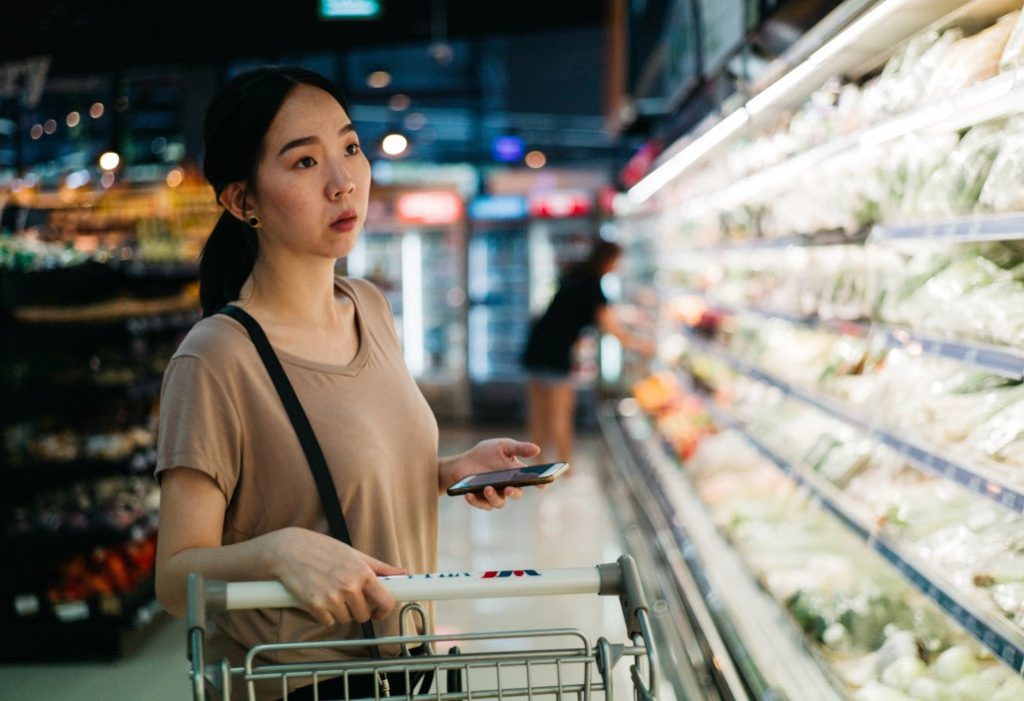Prices are going up, for some of us more than for others.
Inflation is the word economists use to describe changes in the price of goods and services. The inflation rate is an estimate of how much all the prices in an economy have risen over a period of time. There’s a few different ways this rate can be measured, but the most popular one is via a Consumer Price Index (CPI).
To make a CPI, economists create an imaginary shopping basket containing items that they think are representative of what people generally buy. This includes things like staple food items, clothing, rent, entertainment services like concert tickets and a couple of big-ticket items like flights or a new car. Once the shopping basket is made up, the economist looks up how much the items in the cart cost, and tracks how these prices change over time.
According to the CPI of the UK’s Office for National Statistics (ONS), which tracks 700 items, inflation in Britain has increased by 5.2 percent in the last twelve months. (If you add house prices to this CPI, to include housing costs for people who own their homes, it dips slightly to 4.8 percent.) That means everything we buy is on average 5 percent more expensive than it was a year ago.
In general, economists, politicians and the general public all see increasing inflation rates as a bad thing. After all, if our wages don’t increase by the same amount (which they usually don’t), we won’t be able to buy as many things as we previously could. For those at the bottom of the socioeconomic ladder, the extra increase can be disastrous. It might mean they can no longer make rent payments or buy enough food for their family.
That sounds glum enough. But things may actually be worse than the annual inflation figure makes them seem. Because the thing about taking the prices of 700 items and averaging them out is that this can hide the fact that some items have become much more expensive than others have. And not all price increases will have the same impact on people's lives. The economic impact of, say, cinema tickets quadrupling in price will be very different to the economic impact of everyday groceries doing so.
What seems to actually be happening in the UK is that inflation has hit essential or lower-cost items much more than luxury, high-end ones. That means the impact of inflation is being felt by poorer people on a scale that is even more disproportionate than it first appears.
The ONS say they plan to try and capture this issue by significantly expanding the amount of data on prices that they collect, and by segmenting it via things like the income bracket of buyers. Doing this could have a real-world impact. The inflation statistics that the ONS puts together are used by all sorts of people, from politicians to advocacy groups to the media, as the rationale for where society should peg things like minimum wages, tax rates, and social housing costs.
Read our explainer on: inflation

